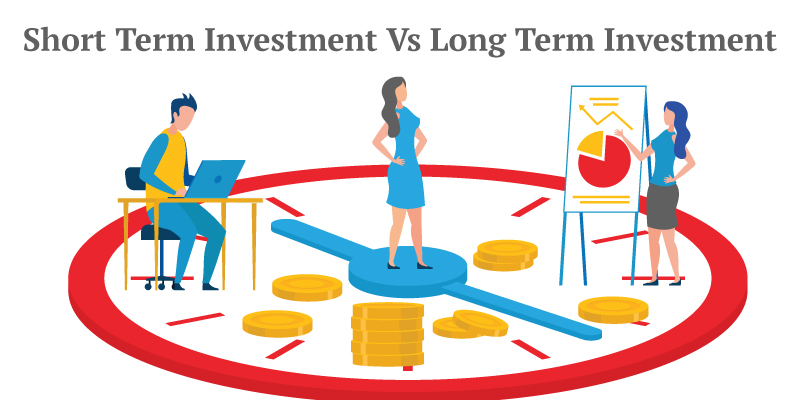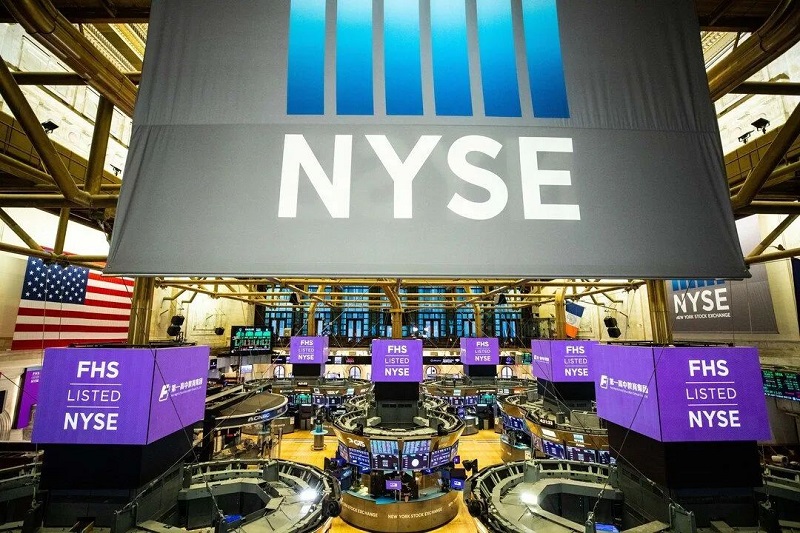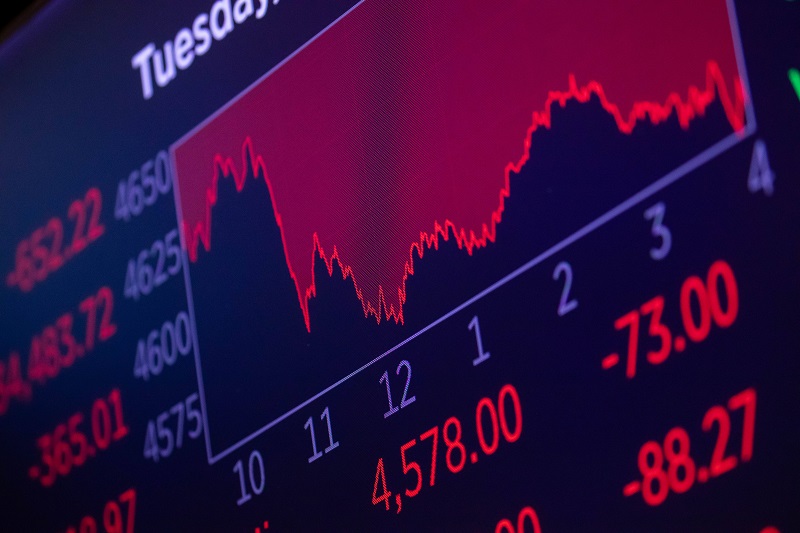Enter your email to subscribe to the CNN Business Newsletter.
So the president had his stance on steel and aluminum and in response, in June 2018, the Europeans imposed a 25% tariff on American whiskey along with other products. The industry was very alarmed by that because we were embroiled in a trade dispute that wasn’t related to our industry. They went back and forth until 2021 when the tariffs on American whiskey were suspended and we took a great sigh of relief.
They were suspended as the US and the EU committed to try to resolve the steel and aluminum case. That suspension is up at the end of December 2023. And if it doesn’t get resolved in negotiations before then, the EU will automatically impose a 50% tariff on American whiskey on January 1.
The Biden administration’s leadership and efforts on this have enabled the suspension of tariffs on American whiskey and all distilled spirits products, but we are rightly anxious because a 50% tariff on American whiskey would be beyond devastating to exports.
Has any progress been made?
President Joe Biden met with EU Commission President Ursula von der Leyen on October 20 and we did have high hopes that there would be some announcement made about continuing to suspend or eliminate those tariffs. There wasn’t and we were disappointed.
But we’re cautiously optimistic. The Biden administration is well aware of this. We’ve had a series of meetings with our European counterparts. But we are ringing the alarm bells now because we’re on the clock, we’ve got less than two months.
But God forbid, we don’t want these tariffs to go on. When the tariffs were imposed back and forth, the exports of American whiskey were significantly impacted. That impacted jobs and economic growth. Since those tariffs have been suspended, we’ve seen American whiskey exports rebound to beyond pre-pandemic levels.
Look, when there are negotiations like these within governments, they never happen sooner rather than later. It’s just the nature of the beast of negotiating complex trade disputes. We just hope that something gets sorted between now and the next 45 days because companies have to do contingency planning for this.
How detrimental will this tariff be to whiskey makers? Can you quantify it?
The EU is the largest American export market, and due to the earlier 25% tariff — which is half of what this upcoming tariff will be — exports plunged by 20%. It went from $550 million to $440 million between 2018 and 2021. If you double that, it would be pretty significant. We’ve seen the market rebound and exports are back to where they were, but if we get hit with that 50% tariff, it’s going to be pretty dramatic.
Ahead of high-stakes meetings this week between the United States and China, US Commerce Secretary Gina Raimondo dismissed the notion there would be a military conflict with China over Taiwan.
Both the United States and China “have a desire to stabilize (their) relationship,” Raimondo told CNN’s Christiane Amanpour in an interviewed that aired Saturday. Raimondo noted the world is looking to the United States and China “to be responsible and manage this relationship.”
Raimondo acknowledged there is a “great competition” with China, echoing similar sentiments expressed by President Joe Biden, who has stated the United States wants competition with China, rather than outright hostility and conflict.
She emphasized direct talks and open dialogue are key in preventing the breakdown of diplomacy between the two superpowers. “What I’m able to put onto the table is the fact that US businesses are feeling that China is increasingly uninvestable — because of (China’s) anti-espionage act, because of the lack of predictability and the environment, because of raids on US businesses — and at least give (China) an opportunity to respond and make changes,” she said.
At the same time, Raimondo said she has told China “there can be no negotiation when it comes to matters of national security,” particularly with regard to semiconductor chips used to manufacture advanced weapons.
“I have to use every tool in my toolbox to make sure our most sophisticated semiconductor chips (and) artificial intelligence models never get into the hands of the Chinese military,” she said.
Last month, the Commerce Department limiting the types of semiconductors American companies are able to sell to China. The regulations further tightened a set of export controls that went into effect in October 2022.
say that they will withhold donations to the school until Harvard takes urgent action to address antisemitism on campus, part of a wave of challenges to colleges across the county in addressing hate speech sparked by the Israel-Hamas war.
of alumni — most of whom do not have billionaire status — are threatening to withdraw their donations.
“We never thought that, at Harvard College, we would have to argue the point that terrorism against civilians demands immediate and unequivocal condemnation,” wrote members of the Harvard College Jewish Alumni Association (HCJAA) in an to President Claudine Gay and Dean of Harvard College Rakesh Khurana. “We never thought we would have to argue for recognition of our own humanity.”
to members of the larger Harvard community addressing the tensions on Thursday. “Harvard rejects all forms of hate, and we are committed to addressing them,” she wrote. “Let me reiterate what I and other Harvard leaders have said previously: Antisemitism has no place at Harvard.”
Philanthropy is the for 9% of the university’s operating budget last year and 36% of its $51 billion endowment amassed over decades.
While a large chunk of university donations come from big gifts, small donations from alumni are becoming an increasingly important source of funding for higher education, according to the Council for Advancement and Support of Education (CASE). About 95% of donations received by universities in 2022 were smaller than $5,000.








